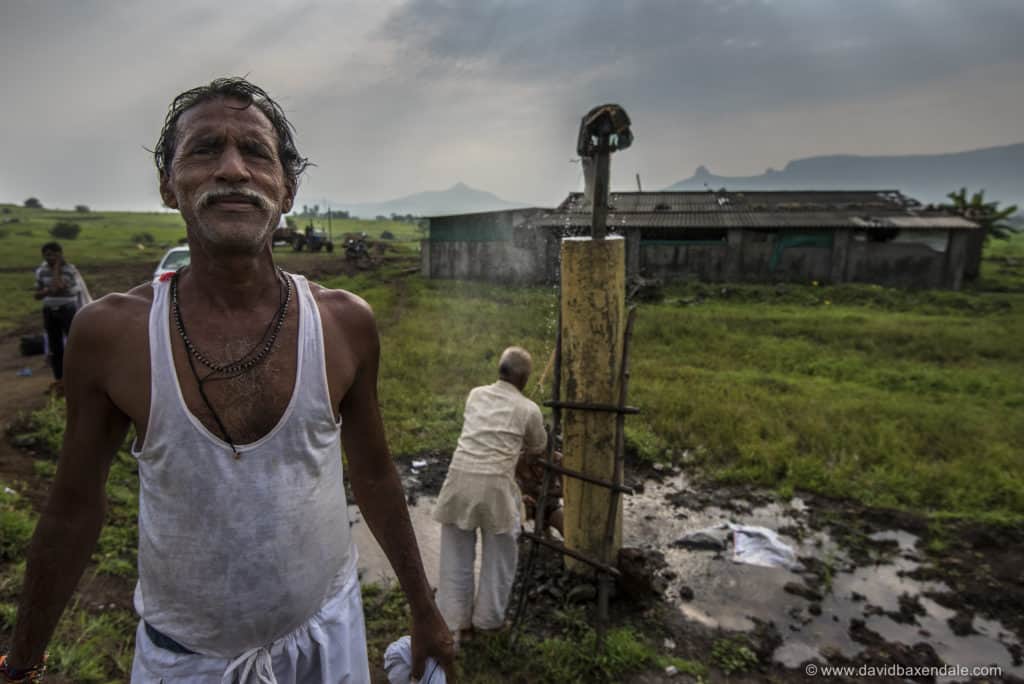Over 100 cases of Omicron confirmed and rising
The Omicron variant of COVID-19, that has sparked global fears, is now spreading rapidly in India. Over 100 cases have been detected from 11 states. The Health Ministry on December 17th warned that 19 districts were at risk of a massive surge, and added that people should avoid unnecessary travel and large gatherings.
If the pace of infection were to continue, India could see 14 lakh cases a day, according to the Ministry.
Delhi currently stands at 22 cases, and Maharashtra – the worst hit – stands at 40 cases. Next is Rajasthan at 17, Karnataka and Telangana at 8 each. Two cases from Maharashtra are that of children, a three-year-old boy and an 18-month-old girl.
New travel guidelines mandate an RT-PCR test for those not fully vaccinated, and quarantine measures for travellers from ‘at-risk’ countries.
The variant has been detected in over 90 countries so far.
Source: NDTV
WHO approves emergency use listing for Covovax
The World Health Organisation (WHO) on December 17th announced its approval of Serum Institute’s Covovax for Emergency Use Listing (EUL). The vaccine is the result of a partnership between India’s Serum Institute and US-based Novavax.
“Covovax was assessed under the WHO EUL procedure based on the review of data on quality, safety and efficacy, a risk management plan, programmatic sustainability, and manufacturing site inspections carried out by the Drugs Controller General of India (DCGI). The Technical Advisory Group for Emergency Use Listing has determined that the vaccine meets WHO standards for protection against COVID-19, that the benefit of the vaccine far outweighs any risks, and that it can be used globally,” the WHO said in a statement.
Covovax is the third vaccine from India to get EUL by WHO.
Source: Hindustan Times
Read more: Know more about the new vaccines that could accelerate India’s COVID vaccination drive
Karnataka refuses to repeal key farmer’s Act
The Karnataka government has decided against the repeal of the Agriculture Produce Marketing (APMC) 2020 law that limits powers of local Agriculture Produce Marketing Committees and allows farmers to sell outside of APMCs.

The state government in 2020 sought to amend the APMC (Regulation and Development) Act that envisaged opening up the agricultural market, after the central government suggested an adoption of the Model Agricultural Produce and livestock Marketing (Promotion and Facilitation) Act, 2017. In January 2020, the Act was amended. Along with this, the State enacted land reforms law that allows non-agriculturalists to purchase agricultural land, and enacted an anti-cow slaughter law as well.
Yogendra Yadav, president of Swaraj India and Samyukta Kisan Morcha leader, has threatened another Delhi-like agitation, along with farmers groups.
Source: The Times of India
Cryptocurrencies won’t get legal tender status: Govt
In new a development, the Centre on December 16th clarified that cryptocurrency will not get a legal tender status in India. “Right now, I will only say that cryptocurrencies are not going to become a legal tender,” said Union Finance Secretary T V Somanathan. “The Indian Rupee is a legal tender, while gold and silver are not legal tenders. The rest will be decided in the bill.”
The finance ministry is currently working on a Cabinet note for discussions on a regulatory framework to monitor digital currency in the country.
According to sources, the note will include the government’s stand that cryptocurrencies are ‘obscure’ and can be exploited easily. According to a detailed opinion report by the Reserve Bank of India (RBI), the government body has outlined how digital currency is a potential threat to the sovereignty and stability of the Rupee.
Source: India Today
Construction activity banned in Delhi-NCR
Delhi’s Commission for Air Quality Management (CAQM), which had banned construction and demolition activities across Delhi and adjoining areas from December 17th, has decided to extend the ban until further notice in the light of continuing toxic air conditions in the capital.
However, projects like those of railways, airports, inter-state bus terminals and healthcare facilities have been exempted from the ban.
Source: The Times of India
(Compiled by Saachi D’Souza)